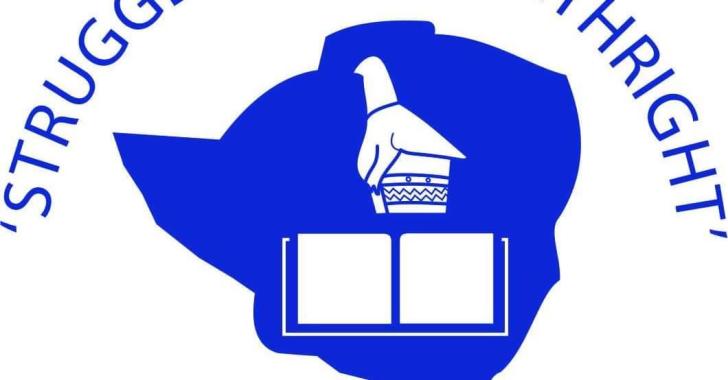News / National
Students union in fresh row over suspensions at UZ
10 Jul 2025 at 08:04hrs |
1 Views

The Zimbabwe National Students Union (ZINASU) is once again at odds with university authorities, demanding the reinstatement of members suspended from state universities. The union has accused Midlands State University (MSU), Great Zimbabwe University (GZU), and the University of Zimbabwe (UZ) of violating both domestic and international human rights laws through their actions against protesting students.
The suspended students are alleged to have breached conduct regulations by carrying placards on campus and urging fellow students to join a strike by university lecturers. According to a letter dated 7 July 2025 from UZ Vice Chancellor Paul Mapfumo, six students were suspended indefinitely for inciting unlawful demonstrations and protests at the university.
Mapfumo's letter details how, on 12 May 2025, the students were seen moving between halls of residence and dining halls, rallying other students to hold placards and chant slogans against the university administration. Citing section 8 (3) (e) of the University of Zimbabwe Act, the Vice Chancellor announced their immediate suspension pending disciplinary hearings.
In response, ZINASU President Emmanuel Sitima condemned the university's actions as a deliberate attempt to criminalize dissent and suppress student political and civic participation. Sitima emphasized that such repression violates constitutional rights guaranteed under Zimbabwe's 2013 Constitution, including freedom of expression, assembly, association, and the right to peaceful protest.
Sitima outlined three key demands: the immediate and unconditional reinstatement of all suspended or expelled students; an independent investigation into the misuse of university disciplinary procedures for political purposes; and assurances from the Ministry of Higher and Tertiary Education protecting student rights in line with constitutional provisions.
This confrontation unfolds amid a prolonged lecturers' strike at UZ, ongoing since April, over demands for improved wages. At one point, President Emmerson Mnangagwa's spokesperson, George Charamba, acknowledged concerns over the lecturers' salaries, noting that the president had approved salary increments.
The university's response to the strike has included suspending protesting lecturers and bringing in replacement staff, who students have disparagingly dubbed "virgins in the academic setting," suggesting these replacements lack the necessary experience to meet academic demands. The standoff between students and university management underscores growing tensions within Zimbabwe's higher education sector.
The suspended students are alleged to have breached conduct regulations by carrying placards on campus and urging fellow students to join a strike by university lecturers. According to a letter dated 7 July 2025 from UZ Vice Chancellor Paul Mapfumo, six students were suspended indefinitely for inciting unlawful demonstrations and protests at the university.
Mapfumo's letter details how, on 12 May 2025, the students were seen moving between halls of residence and dining halls, rallying other students to hold placards and chant slogans against the university administration. Citing section 8 (3) (e) of the University of Zimbabwe Act, the Vice Chancellor announced their immediate suspension pending disciplinary hearings.
In response, ZINASU President Emmanuel Sitima condemned the university's actions as a deliberate attempt to criminalize dissent and suppress student political and civic participation. Sitima emphasized that such repression violates constitutional rights guaranteed under Zimbabwe's 2013 Constitution, including freedom of expression, assembly, association, and the right to peaceful protest.
Sitima outlined three key demands: the immediate and unconditional reinstatement of all suspended or expelled students; an independent investigation into the misuse of university disciplinary procedures for political purposes; and assurances from the Ministry of Higher and Tertiary Education protecting student rights in line with constitutional provisions.
This confrontation unfolds amid a prolonged lecturers' strike at UZ, ongoing since April, over demands for improved wages. At one point, President Emmerson Mnangagwa's spokesperson, George Charamba, acknowledged concerns over the lecturers' salaries, noting that the president had approved salary increments.
The university's response to the strike has included suspending protesting lecturers and bringing in replacement staff, who students have disparagingly dubbed "virgins in the academic setting," suggesting these replacements lack the necessary experience to meet academic demands. The standoff between students and university management underscores growing tensions within Zimbabwe's higher education sector.
Source - NewZimbabwe
Join the discussion
Loading comments…






























